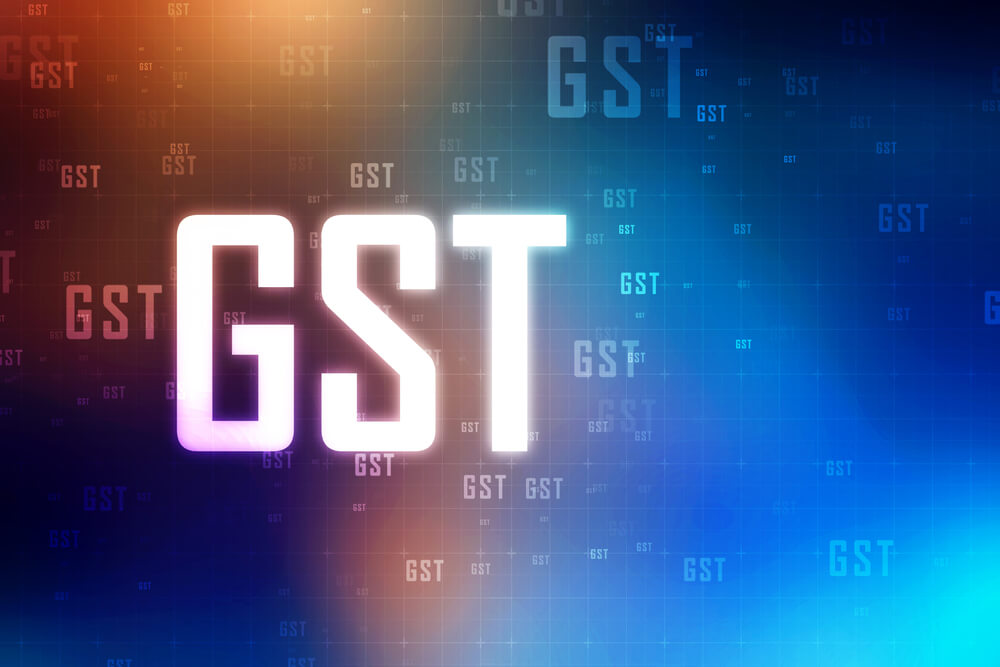 Updated on: February 15th, 2023 3:18 PM
Updated on: February 15th, 2023 3:18 PM
Guidelines for launching of prosecution under GST
Provisions of section 132 of the Central Goods and Services Tax Act, 2017 empower the institution of criminal proceedings and prosecution. Importantly, the prosecution is the institution/ commencement of legal proceedings against the offender. The prosecution exhibits a formal charge against the offender. Accordingly, detailed guidelines are being issued by the GST- investigation wings in respect of launching of prosecution. The same is taken up and explained in the present article.Guidelines to be followed for sanction of prosecution –
As per the guidelines issued by GST-investigation wings, vide instruction no. 04/2022-23 dated 1st September 2022, the general points to be taken care of prior to sanction of prosecution are –- The nature of the evidence collected at the time of investigation should be assessed carefully;
- The decision of prosecution needs to be taken on a case-to-case basis considering factors like –
- Nature as well as the gravity of the offence,
- Amount of tax evaded/ wrongly availed input tax credit/ refund wrongly taken, and
- The nature and quantity of evidence collected.
- The prosecution should not be –
- Filed merely because the demand is confirmed in the adjudication proceedings;
- Launched in cases of technical nature;
- Launched in cases, wherein, an additional claim of tax is because of difference of opinion regarding the interpretation of the law.
- Launched indiscriminately against all the directors of the company.
Monetary limit for launching prosecution –
The prosecution can be launched only when the amount of any of the following is more than INR 5 Crores –- Tax evasion;
- Mis-use of the input tax credit;
- Fraudulently obtaining refund relating to offences specified u/s 132(1) of the Central Goods and Services Tax Act.
- Cases, wherein, arrest under section 69 is made during the course of an investigation; or
- In the case of habitual evader i.e. when the taxpayer has been involved in two or more cases in the past two years, wherein, the demand exceeding INR 5 Crores is confirmed either at the first adjudication level or above on account of tax evasion or fraudulent refund or mis-use of input tax credit involving fraud or suppression of facts, etc.
Sanction of authority –
The prosecution complaint for prosecuting a person can be filed after obtaining mandatory sanctions as follows –| Particulars | Authority from whom the sanction is to be obtained |
| Cases investigated by the Directorate General of GST Intelligence (DGGI) | Pr. Additional Director General or Additional Director General, the DGGI of the concerned zonal unit or Hqrs. |
| Any other case | Pr. Commissioner or Commissioner of CGST [section 132(6) of the Central Goods and Services Tax Act, 2017] |
The time period within which prosecution complaint should be filed –
| Particulars | Time period within which prosecution complaint should be filed |
| Cases, wherein, the arrest has been made, however, bail is not granted | Within 60 days of the arrest |
| In all other arrest cases | Within a definite time frame |
Filing of prosecution –
- Cases which are deemed fit for prosecution even before adjudication –
- In any other case –
Guidelines to be followed for withdrawal of prosecution –
Withdrawal of prosecution is possible when the prosecution is sanctioned, however, the complaint is not filed and some new facts/ evidence has come to light. Accordingly, withdrawal of prosecution can be sanctioned in the following manner –| Particulars | Sanction of withdrawal of prosecution |
| In DGGI case | Principal Director General should sanction the withdrawal of prosecution |
| In any other case | Principal Chief Commissioner/ Chief Commissioner should sanction withdrawal of prosecution |
- It should be found on merits that there is no contravention of the provisions in the adjudication proceedings and the order should have attained finality.
- Prior approval of Pr. Chief Commissioner/ Chief Commissioner or Pr. Director General/ Director General is needed for filing an application for withdrawal of prosecution.
- Post approval, Pr. Commissioner/ Commissioner or Pr. Additional Director General/ Additional Director General should ensure the filing of an application in the court via a public prosecutor to allow withdrawal of prosecution.
- Such withdrawal of prosecution can be affected only with the approval of the court.
General guidelines to be followed –
Some of the general guidelines to be followed are –- In case of inadequate punishment/ acquittal –
- Filing of prosecution should not be kept in abeyance based on the ground that the taxpayer has gone in appeal or revision.
- Section 159 of the Central Goods and Services Tax Act, 2017 empowers the Pr. Commissioner/ Commissioner or any other authorized officer to publish the name and other particulars of the convicted person under the Act.
- Once the prosecution is launched, the same should be followed vigorously.
Popular Post

In the digital age, the convenience of accessing important documents online has become a necessity...

The Atalji Janasnehi Kendra Project that has been launched by the Government of Karnataka...

The Indian Divorce Act governs divorce among the Christian couples in India. Divorce...

When an individual has more than a single PAN card, it may lead to that person being heavily penalised, or worse,...

Employees Provident Fund (PF) is social security and savings scheme for employee in India. Employers engaged...


